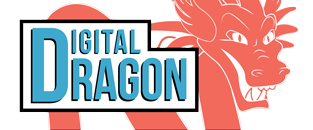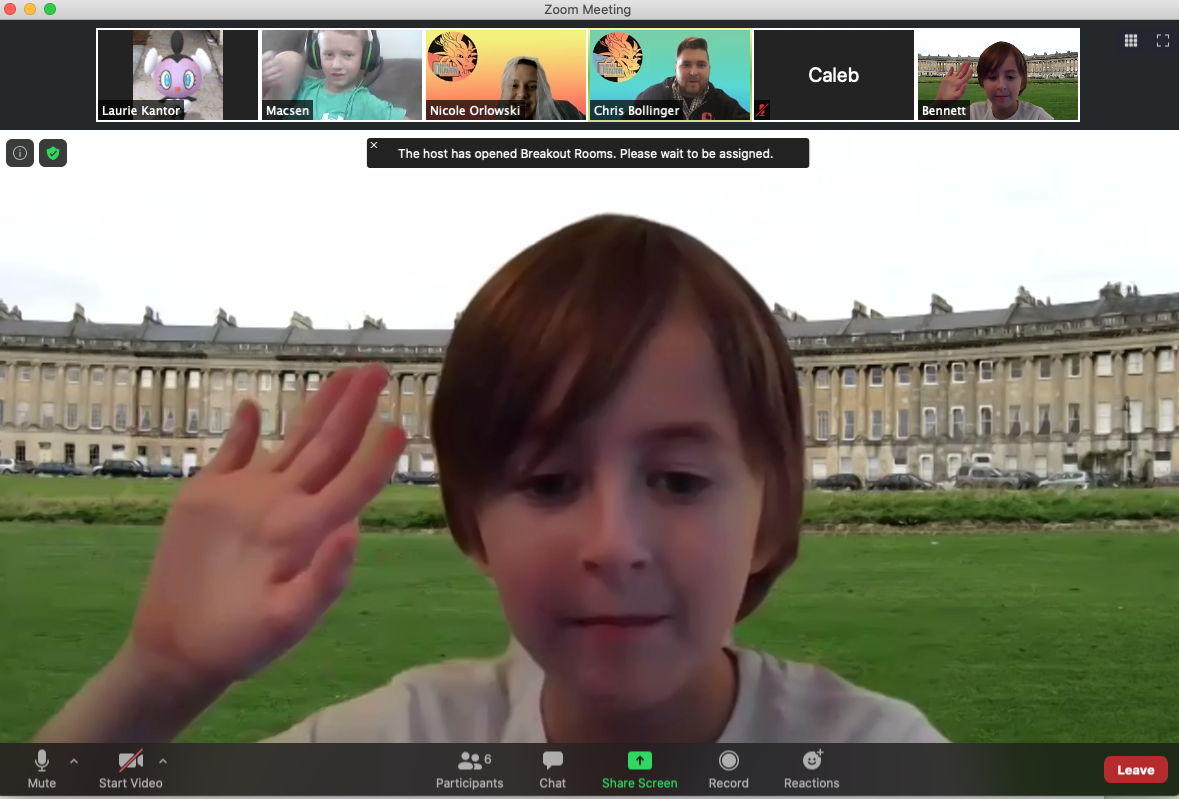Quality Online Learning During Challenging Times
This month, let’s take a quick look into the emerging world of remote learning experiences. What can they be, who is creating them, who should be creating them, and what can remote learning experiences mean for us as we continue to grapple against the challenging times we all face?
A remote learning experience can be summed up with a simple description: A real thing – in a real place – that has interaction – that can be accessed from a distanced location.
As reported by many upstanding media sources, we have to come to terms with the reality that nearly 33% of museums will shutter due to the pandemic this year. Many of their revenue streams are tied to tickets, gift shops, and school trips, which at the moment, have no return in sight. Public and private education, on the other hand, cannot close down and has also been caught out – with the majority of educators having no formal training in remote learning. So what can be done to create new remote learning experiences?
Perhaps we should first reflect on several cultural phenomena – from social media and sports to massive online games. Technology has allowed us to share moments remotely and almost instantly, if not in real time. This ranges from the thrill of a team win in a battle royale, emotions bubbling up from the raising of a league cup in an empty stadium, to sharing in the awe of a beautiful site found in nature. A small collection of words can reach millions of people and spur mass action. These shared remote experiences clearly have power and mean something. It’s without a doubt difficult to grasp and explain how we feel as we emote and express how what we’re living is different than what we have previously experienced.
As these experiences certainly differ from those we have while non-distanced, what is often shared? For one, whether it is in a classroom, an out of school learning environment, or sheerly for entertainment purposes, story matters. Done well, we are naturally invested in the narratives of people, places, and things. Beyond the story, mechanics or the interactions of an experience can uniquely engage people. If they don’t match to the story, we lose agency and immersion. We disconnect. These components combined is in part how the entertainment industry has continued to weather the storm. Transfer of these strategies and technologies is here and more will be developed to support engaging remote learning experiences as given witness through the aforementioned examples. We just have to be courageous enough to try and try again.
TL;DR – Remote is here to stay, and if approached with curiosity and creativity, can give us novel experiences that may not be the same as more traditional interactions, but still carry enjoyment, meaningfulness and gravitas.
John Balash was instrumental in Digital Dragon’s launch in 2013 as its first Curriculum Director and is now back in the fold as a consultant on all the latest and greatest in tech education.This is John’s latest contribution to a monthly blog series we’ve launched, Tech News from the Frontier. John is the Director of Educational Engagement at Carnegie Mellon University’s Entertainment Technology Center. John has worked on educationally-focused initiatives with clients ranging from D.A.R.P.A. to Disney. Working from both sides of the desk, you can find John in classrooms and conferences around the world exploring new uses for technologies in learning environments.

